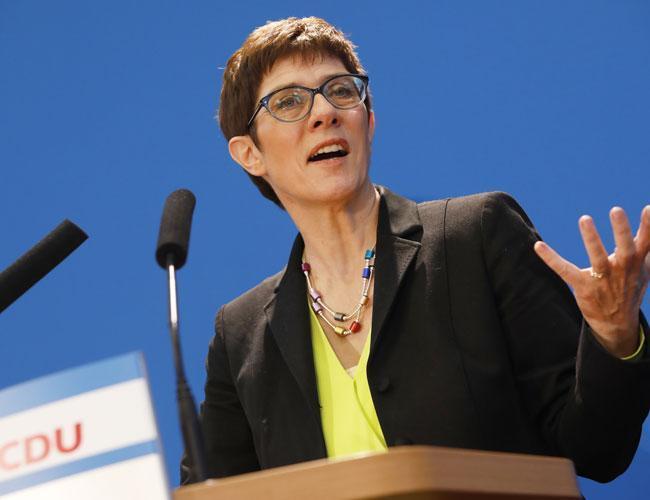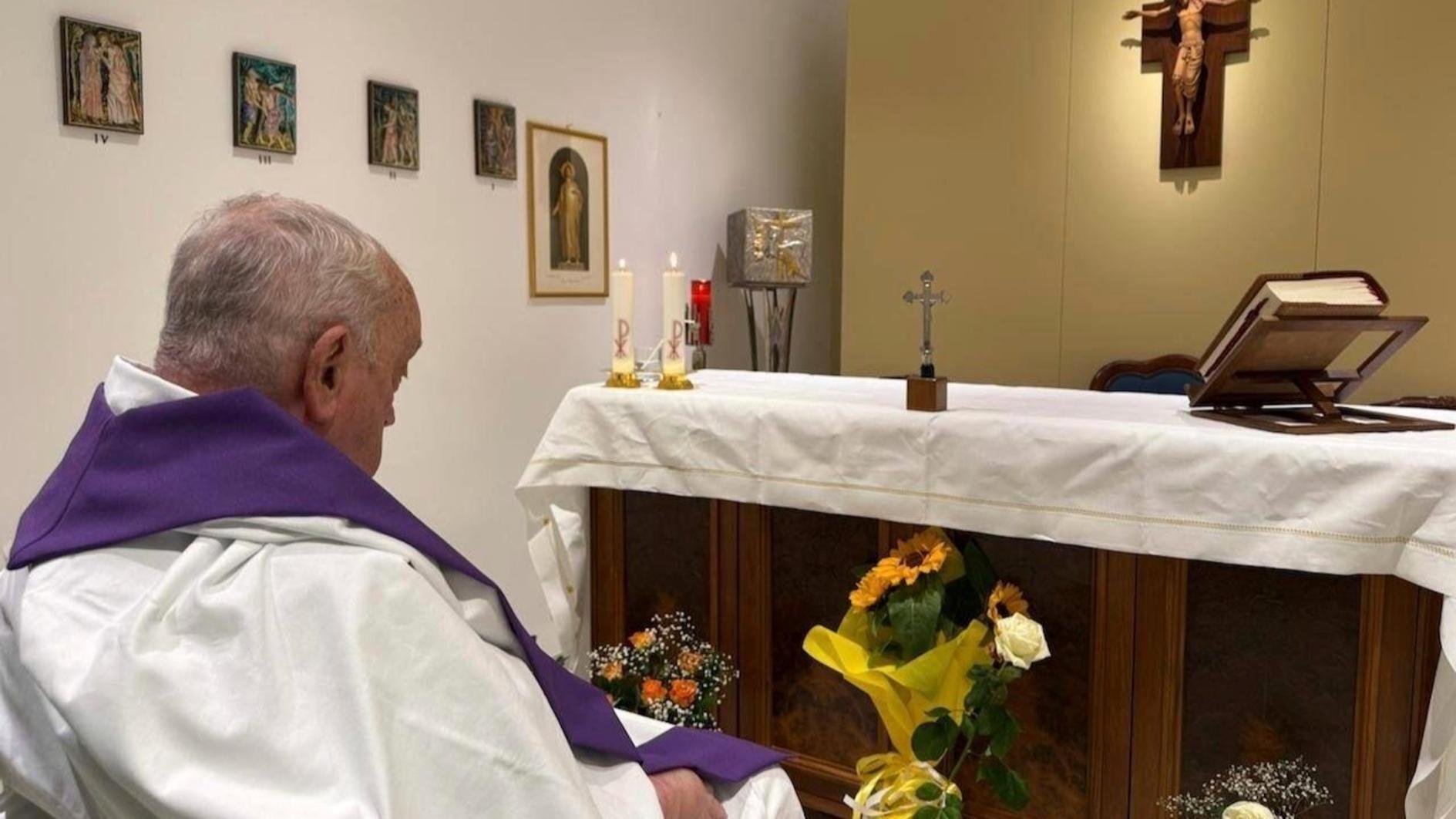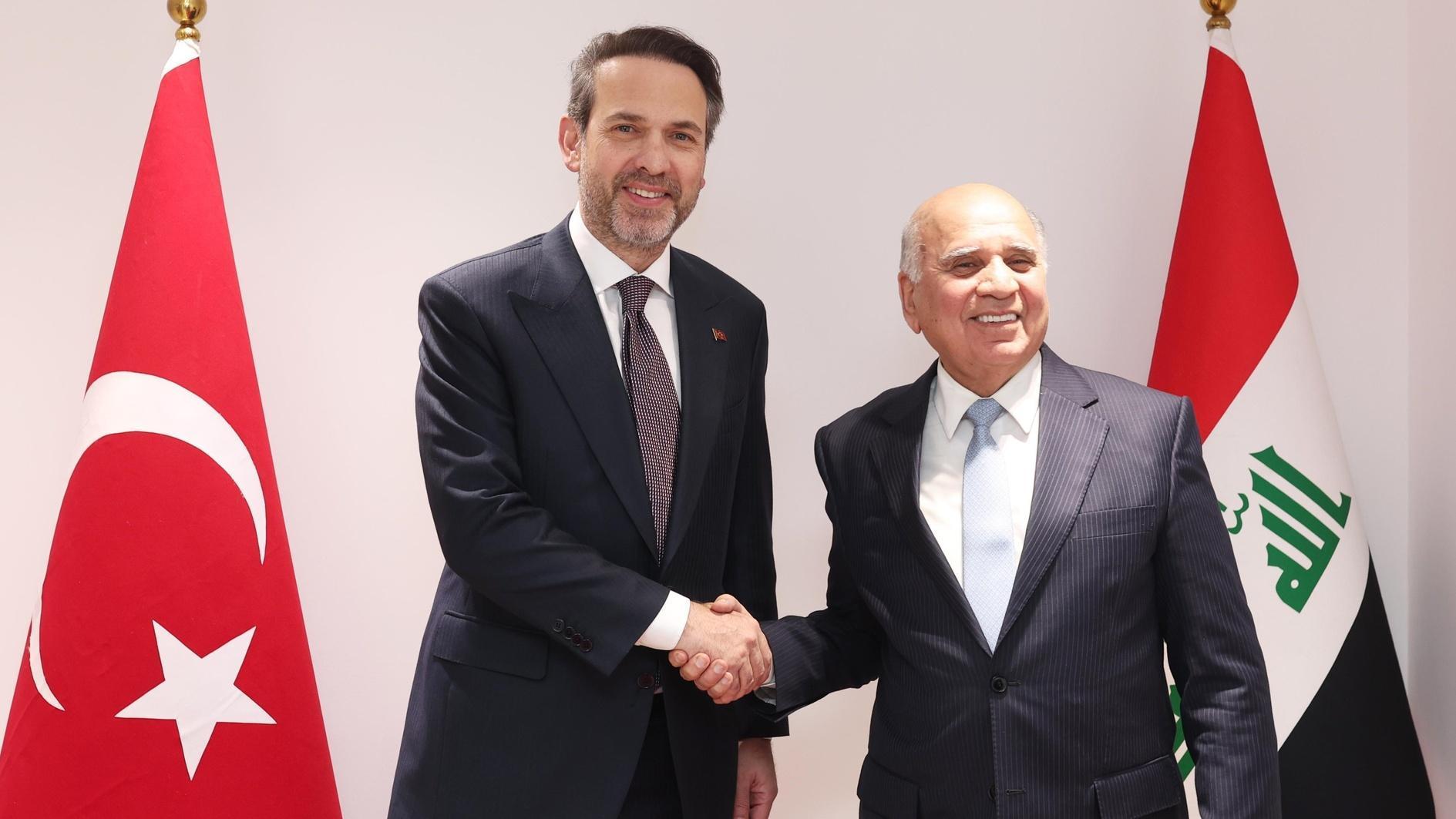Merkel protege eyes female quota for lawmakers, takes aim at dual citizenship
BERLIN – Reuters

The woman campaigning to succeed Angela Merkel as head of Germany’s Christian Democrats (CDU), said she may consider quotas to get more women in parliament, as she positioned herself for a party election in December.
Annegret Kramp-Karrenbauer was placed second in a poll released by Bild am Sonntag, with support from 32 percent of conservatives, behind businessman Friedrich Merz with 49 percent in favour of him succeeding Merkel at a party congress on Dec. 7.
The poll, which questioned members of the Bavarian CSU as well as the CDU, put Health Minister Jens Spahn third, with 7 percent.
But in another poll of a more narrow sampling of CDU supporters for broadcaster ARD, Kramp-Karrenbauer, CDU general secretary, won 46 percent compared with 31 percent for Merz and 12 percent for Spahn.
Kramp-Karrenbauer told broadcaster Suedwestrundfunk (SWR) that many in the party had failed to take seriously a 1996 CDU rule that a third of party list candidates should be women, and said a fall in the proportion of CDU lawmakers to one-fifth in the 2017 elections could be a vote loser.
Creating quotas for parliament was “a last resort”, she said. “But it would be naive to think we can just let the issue run its course.”
On another policy front, Kramp-Karrenbauer criticized dual citizenship rules, accusing Turkey’s leadership of trying to split the loyalties of German-Turkish dual nationals.
“If that continues, then dual citizenship is missing its sense and purpose, and we must talk about how we end this system,” she told Der Spiegel magazine.
The former premier of the western state of Saarland said she supported a plan under which the children of immigrants received a second passport, but their children would not.
The CDU voted in 2016 to end dual citizenship, but Merkel subsequently said she did not feel bound by the vote.
Spahn, an early critic of Merkel’s 2015 decision to welcome over a million mostly Muslim migrants, also weighed in on the immigration issue, urging the party congress to debate a U.N. pact on global migration signed in July.
“All the citizens’ questions ... should be answered, otherwise there will be political fallout,” he said.
Merkel accused her critics on Nov. 16 of spreading lies about the U.N. migration pact, and insisted it would not curtail German sovereignty.
Merkel, now in her fourth term, has said she will step down as party leader but will remain chancellor through 2021.
















